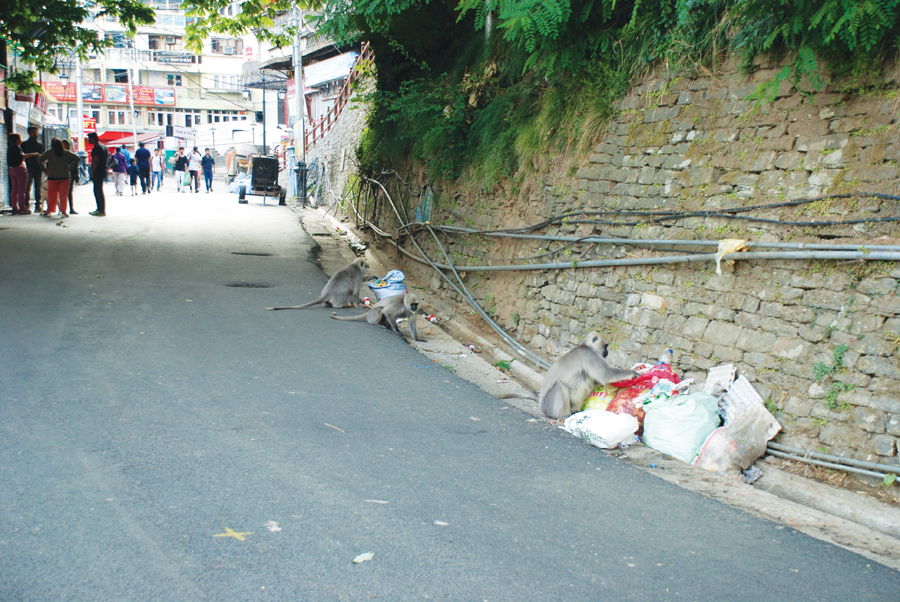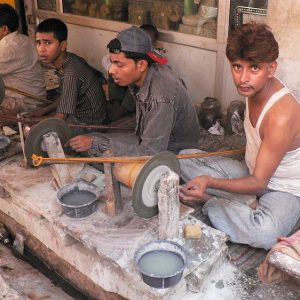The Efficacy of the Plastic Ban: Findings from States



India is set to embark on a new chapter in its Polar exploration journey with the construction of Maitri II. The Indian government plans to establish a new research station near the existing Maitri ba...
.png )
The Deep Ocean Mission (DOM), approved by the Government of India in 2021 under the Ministry of Earth Sciences (MoES), represents a strategic step in realizing Sustainable Development Goal 14 (SDG 14:...

China recently announced restrictions on the export of seven rare earth elements (REEs), soon after US President Donald Trump decided to impose tariffs. As the world's dominant supplier—responsible fo...
A total of 19 states in India have introduced a ban on plastic bags. Maharashtra and Uttar Pradesh too have recently joined the fight against plastic waste. However, plastic usage continues unhindered...
<p>More than 82 percent of the workforce in India is employed in the unorganised sector, as noted by the International Labour Union in its India Labour Market Update of 2016. This report serves as the...
<p>These discussions on poverty in India culminated in an expert committee being appointed by the Planning Commission in 1977 under the economist Y. K. Alagh that looked to produce a methodology for m...
<p>A demographic dividend occurs when the rate of economic growth is increased due to a change in the age structure of a population that favours the presence of more working age people than that of a...
A total of 19 states in India have introduced a ban on plastic bags. Maharashtra and Uttar Pradesh too have recently joined the fight against plastic waste. However, plastic usage continues unhindered in the absence of rigorous implementation considerably undermining the effectiveness of the ban.

<p>More than 82 percent of the workforce in India is employed in the unorganised sector, as noted by the International Labour Union in its India Labour Market Update of 2016. This report serves as the main source of data for the workforce in the unorganised sector.</p>

<p>These discussions on poverty in India culminated in an expert committee being appointed by the Planning Commission in 1977 under the economist Y. K. Alagh that looked to produce a methodology for measuring poverty in India.</p>
